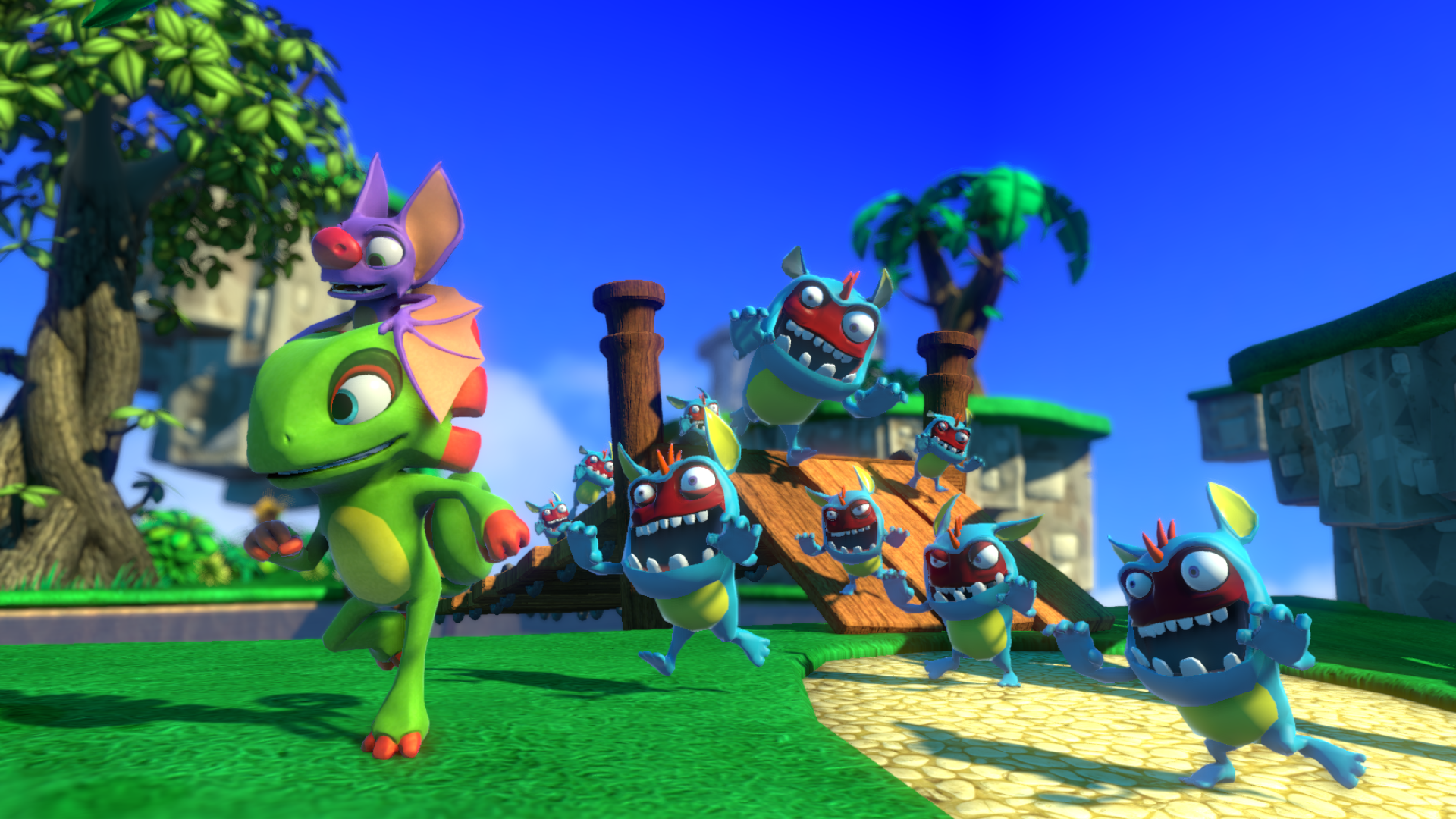I’ve been attending a few events over the past couple of months (thanks, in no small part, to the gracious support of fans and readers). While at shows like PAX East and GDC, I’ve had a chance to play quite a few in-development titles, big and small, that were banking heavily on nostalgia appeal. While it’s a good idea to reserve full judgement of a game until it’s in your hands as a full-fledged product — after all, a lot can happen over the course of development — there were quite a few not-particularly-great games I tried that were attempting — and failing — to capture the spirit of the retro games that inspired them.
Originally, I had a big feature written up called “This Is Why Your Retro-Inspired Game Sucks,” where I went into great detail about some of the more egregious flaws I saw across several games. I didn’t name any titles specifically, of course — that would be just rude. Ultimately, though, I scrapped it: the tone of the piece sounded combatitive and assholish, and while I’m certainly opinionated at times, I didn’t want to come off as a jerk when all I really wanted to do was point out why these games weren’t coming together as the people making them intended. It’s pretty hard being an indie dev already, y’know?
But with the crash and burn of Mighty No. 9 and the less vitriolic but noticeably tepid response to Yooka-Laylee, two of the most prolific crowdfunded “retro revival” games yet made, I feel like we should discuss why a lot of retro revivals seemingly fail to hit the mark once they’re in our hands. There are a lot of reasons, but ultimately, they can be summarized by saying:
